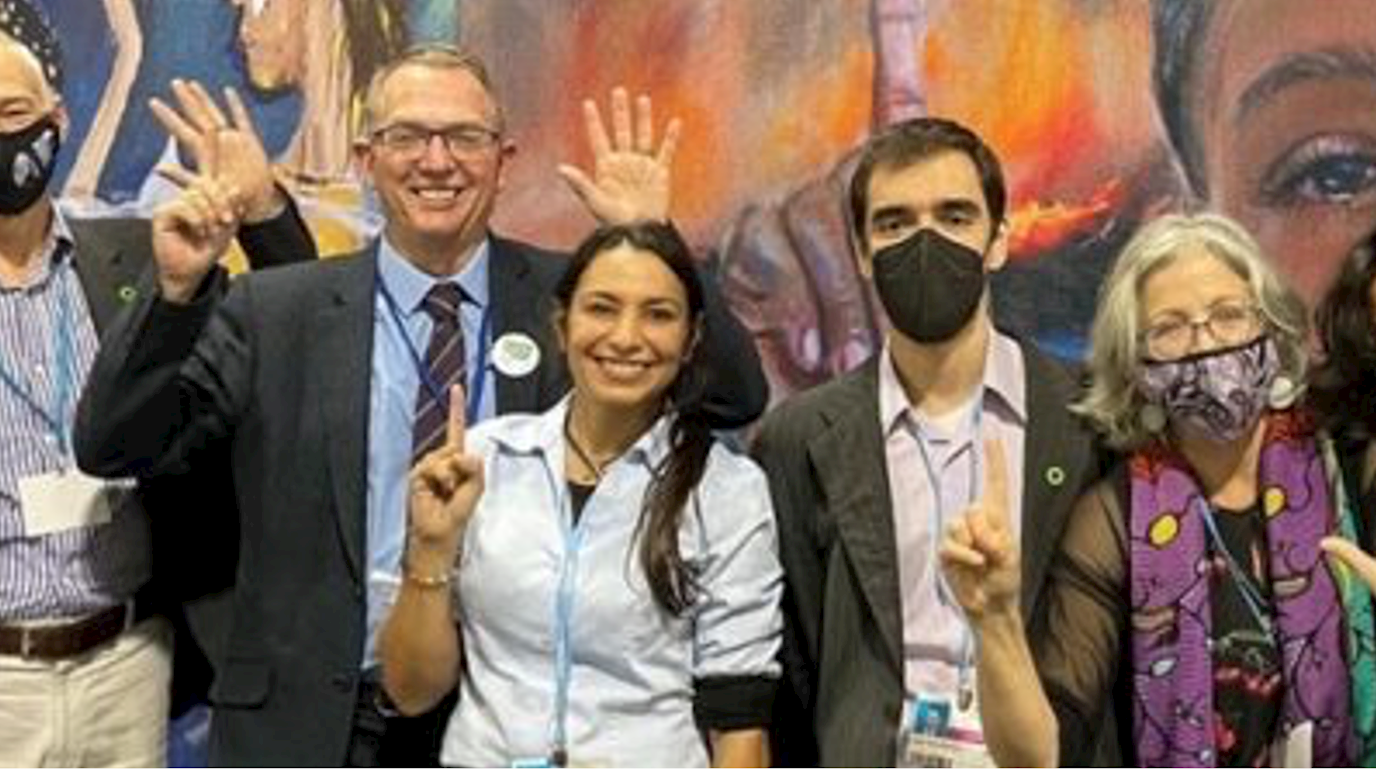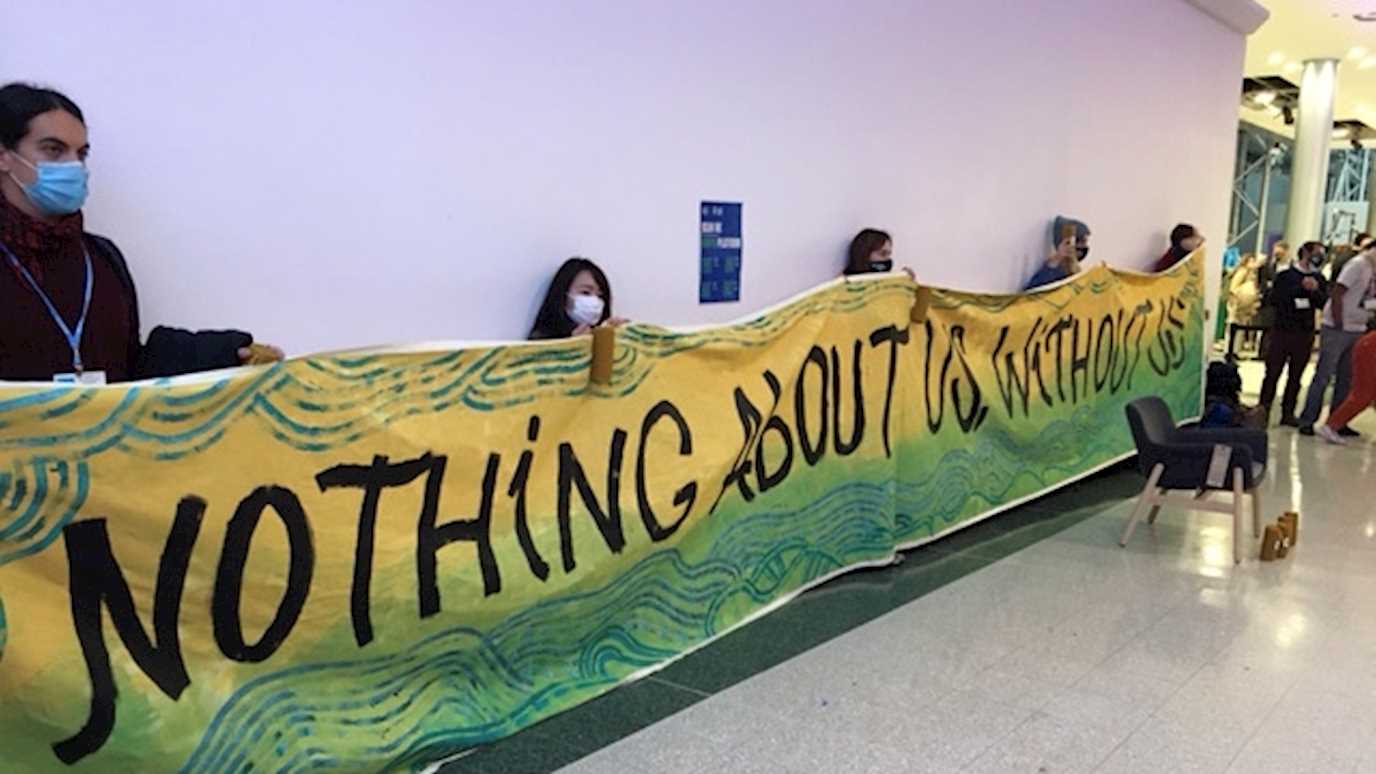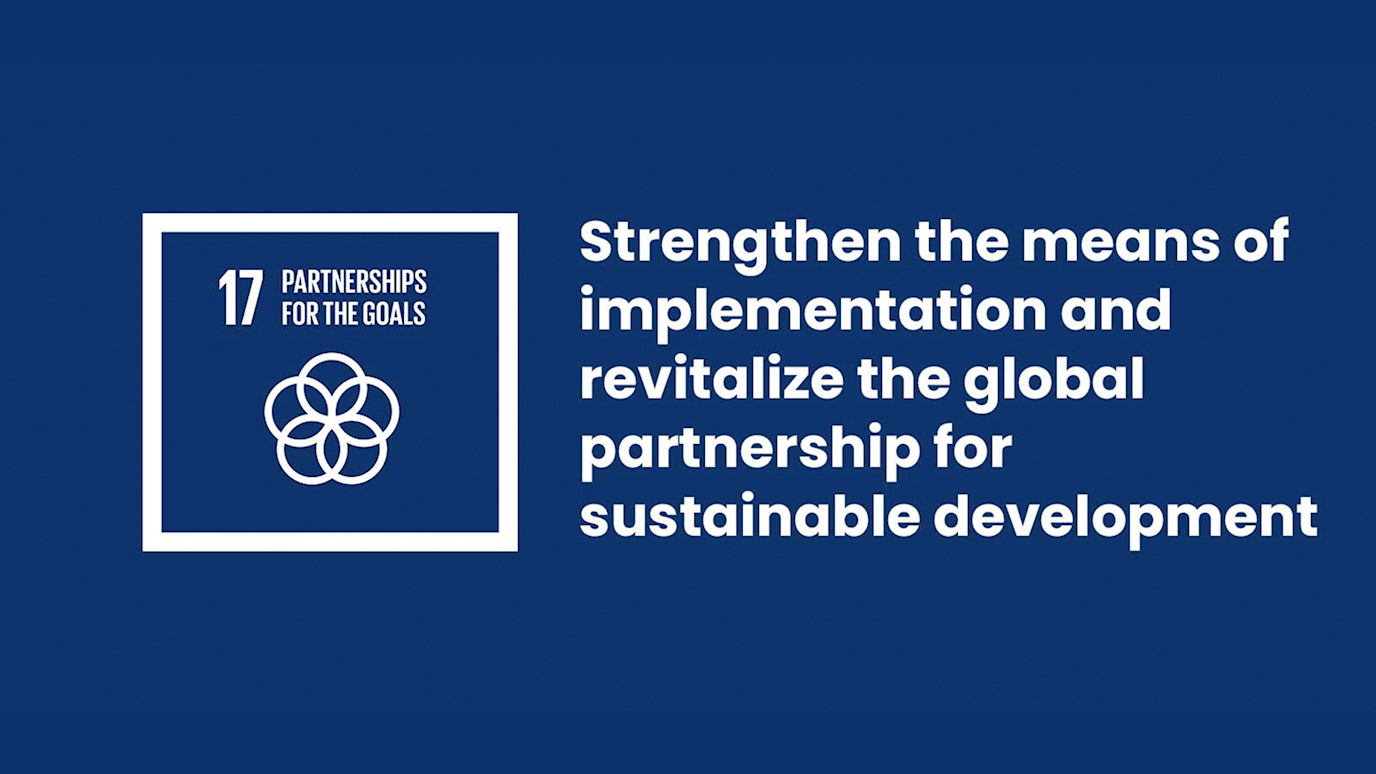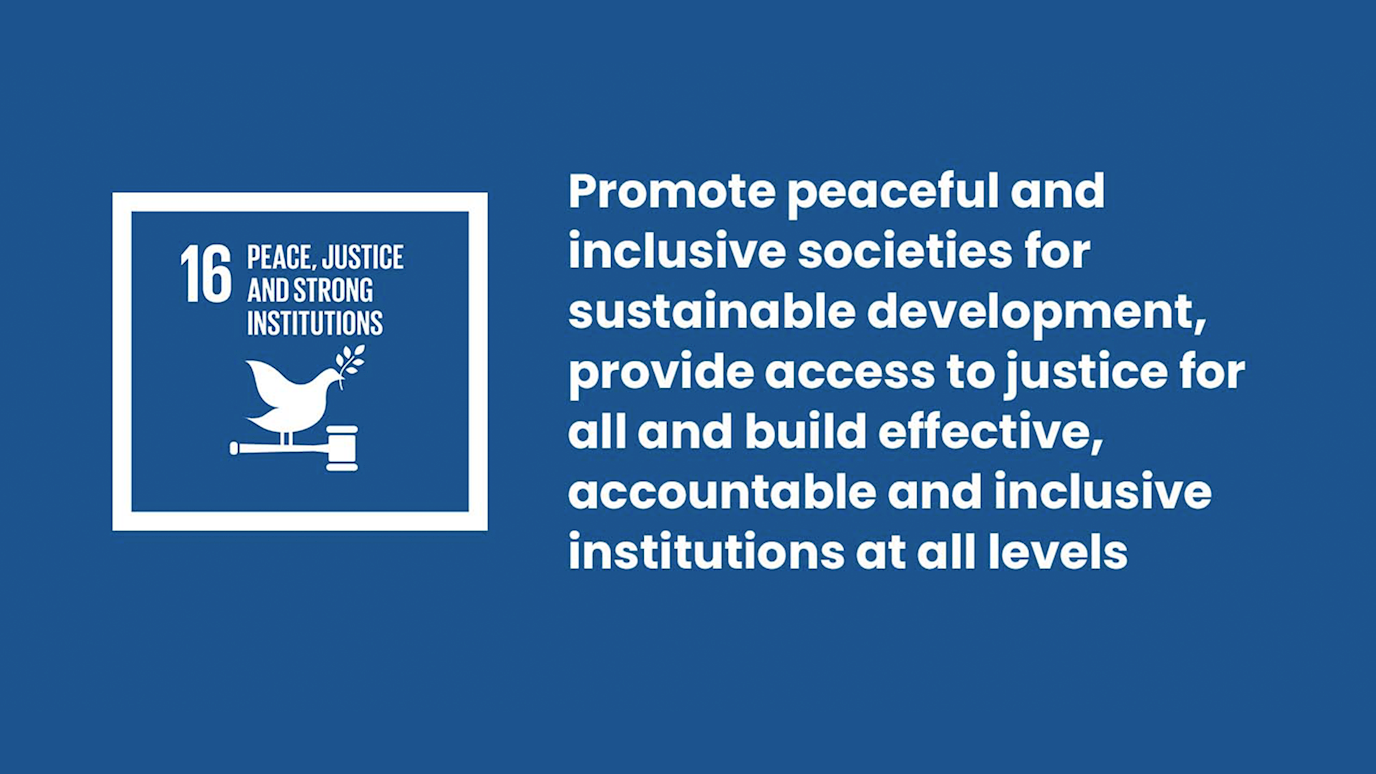Oceans and seas are integral to the ecological servicing of the planet – ‘life on land’ is made possible by ‘life below water’, writes Klaus Dodds.
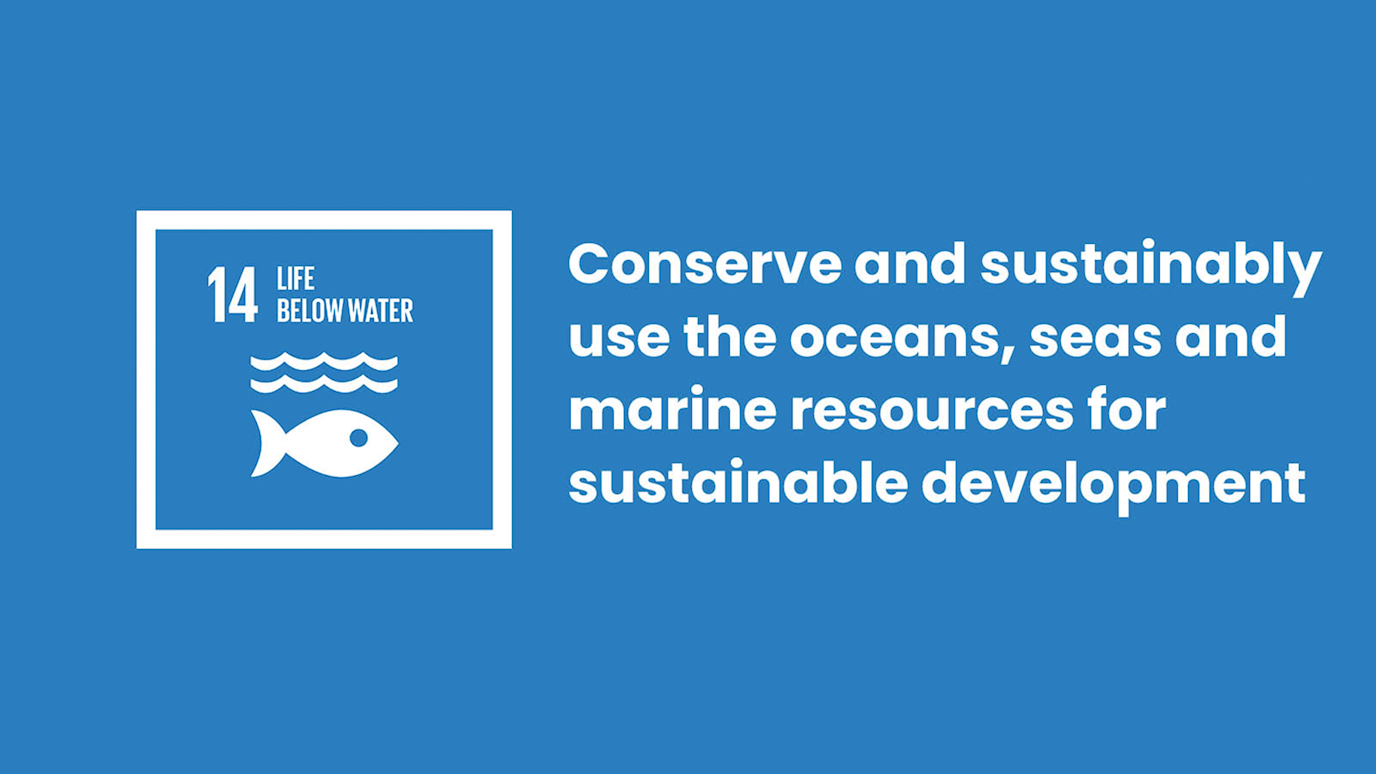
The world’s lakes, oceans and seas are integral to human development and security, enabling access to food, energy, and transportation. 90% of international trade is moved via sea. Alongside the benefits that accrue to communities around the world, oceans and seas are integral to the ecological servicing of the planet. From carbon sequestration to nutrient production and recycling, ‘life on land’ is made possible by ‘life below water’. For example, at least 25-30 per cent of all carbon dioxide (CO2) emissions are absorbed by the oceans. Remarkably, in the pre-industrial era, the world’s oceans were net producers of CO2 rather than, as they are now, vast carbon sinks.
The world’s oceans and seas have, in effect, borne the brunt of global warming. As more and more gases have been absorbed below the water, ocean acidification has resulted, with deleterious consequences for marine life. In the Arctic Ocean and Southern Ocean, colder polar waters have proven particularly adept at absorbing these emissions. Excess carbon wreaks havoc on marine life, as acidifying waters interfere with the shell-building capacities of some creatures as well as the adaptability of fish stocks. The implications of this may be manifold. Local communities, including indigenous peoples, might find that fish populations decline or move away from traditional fishing areas, with knock-on implications for subsistence fishing and human security. At the same time, fish populations are migrating northwards as polar waters warm, but whether those fish will thrive in acidifying waters is a moot point.
Fishing and the future of the oceans
The scale and potential for disruption is not just being felt in the Arctic Ocean. The state of the world’s oceans and seas matters not least because fishing is responsible for an estimated 5 per cent of global GDP. Trillions of dollars are generated by commercial fishing and subsistence fishing is essential to coastal communities around the world. It is estimated that fishing and aquaculture is responsible for at least 260 million jobs worldwide. And that figure does not include the contribution that coastal and lake tourism makes to local economies.
The future of the world’s oceans and seas are a huge cause of concern. There is a gamut of risks to contend with, ranging from overfishing, pollution, and ocean acidification to the introduction of invasive species, microplastics and loss of habitat. There are very few oceans and seas in the world that are not affected by the scourge of over-exploitation of fish stocks. Illegal, unregulated, and unreported fishing (IUU fishing) continues to cause considerable concern. Global annual fish consumption is expected to grow by at least 15 per cent in the 2020s, and there has been a concerted effort by the World Trade Organization to address the role of subsidies to the global fishing industry that have directly and indirectly fuelled IUU fishing.
The UN’s Food and Agricultural Organization is warning that the world’s fish ecosystem is on the verge of collapse – even if there are encouraging signs of ocean conservation and sustainable management. But government interventions such as subsidies to fishing fleets are blamed for fuelling over-exploitation. Ending subsidies to the fishing industry is not straightforward, however. For many countries in the global South, financial assistance is a vital mechanism for supporting coastal communities and smaller operators rather than emboldening industrial-scale fishing companies.
Ocean protection
Scrapping subsidies is only one element that is germane to SDG 14. Another is ocean protection. How do we prevent further IUU fishing? One answer has been to introduce Marine Protected Areas (MPAs) as a form of spatial management.
Image shows a simplified Marine Protection Atlas map with highly/fully protected MPAs and others, both implemented an unimplemented. MPAtlas.org [February 2020].
In essence the MPA identifies an area of sea or ocean where fishing is either tightly restricted (‘no take’) or set up to enable a limited amount of fishing in a particular seasonal window. MPAs might be indefinite or subject to review after a period of years or even decades. Under the Aichi Biodiversity Targets, set out by the Convention on Biological Diversity (CBD) in the Strategic Plan for Biodiversity 2011-20, 30 per cent of the world’s oceans are supposed to be under an MPA regime of some sort. At present, 8 per cent of the world’s oceans are protected. The Second UN Ocean Conference, delayed because of the pandemic, will in 2022 urge parties to grapple with the challenges facing the world’s oceans.
Difficult decisions and ocean literacy
Despite the crises facing ‘life under water’, there will be some very difficult decisions to be made. Fishing is highly profitable. The control of the world’s oceans and seas is rarely divorced from geopolitical, legal, and strategic considerations. Even the large and remote Southern Ocean has not been spared from these vectors – countries care deeply about who, how and where control is exerted. This year it is hoped that further MPAs will be established around Antarctica, and if accepted they would help get us closer to that 30 per cent figure.
Finally, we should not forget that ocean literacy is crucial to helping and supporting citizens around the world to better understand and appreciate how important the oceans are to planetary life. Marine environments are not timeless or static. They are hugely dynamic and culturally and economically vital to communities around the world. There are shared challenges such as over-fishing but there are also diverse experiences, histories, and representations to appreciate. The Ocean Literacy Framework provides a useful guide for those interested in the inter-relationship between oceans and human communities.
UN Secretary-General Antonio Guterres called the 2020s the Decade of Action for the Sustainable Development Goals, and there is no question we do need urgent and persistent action above and below the world’s oceans.
Klaus Dodds is Professor of Geopolitics and Director of the Living Sustainably Catalyst at Royal Holloway. His latest books are Border Wars (2021 Ebury/Penguin and Diversion) and a co-authored The Arctic: A Very Short Introduction (2021, Oxford University Press with Jamie Woodward). In 2021, he co-authored a report for WWF on the future prospects for marine protected areas (MPAs) in the Southern Ocean.










